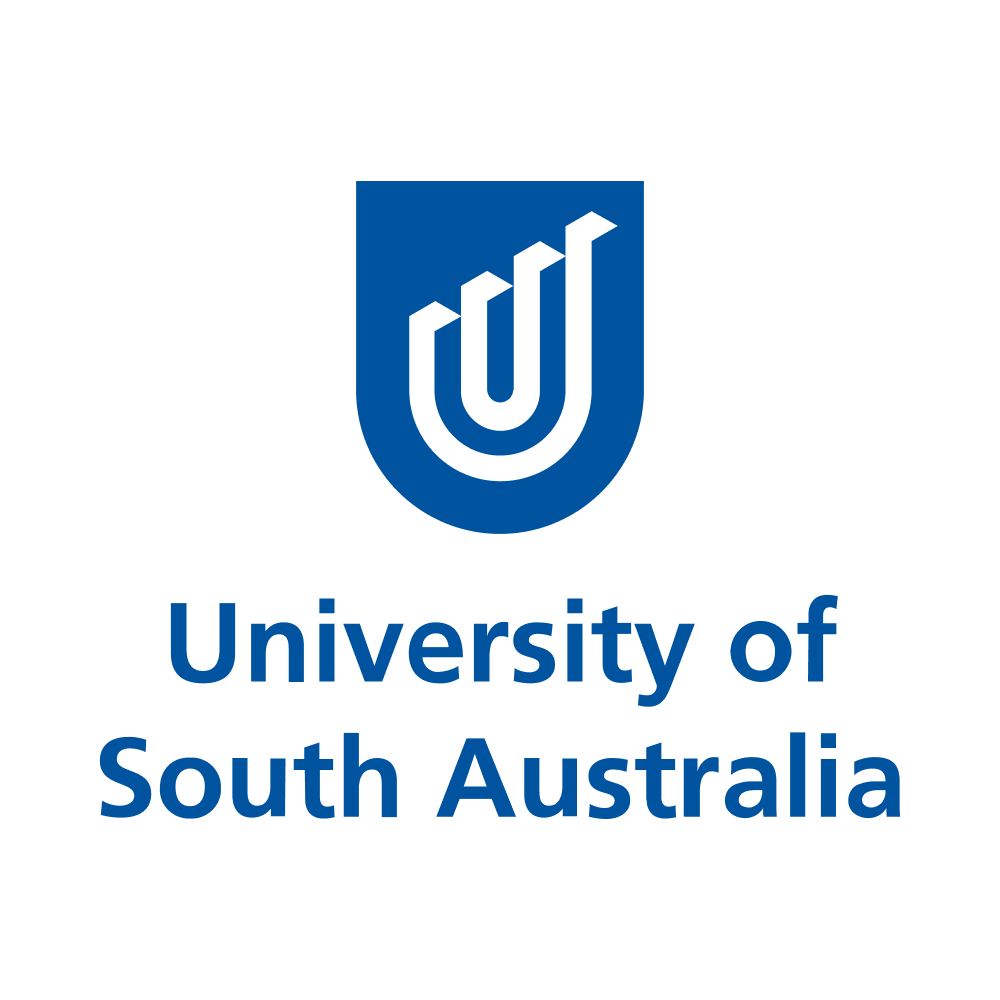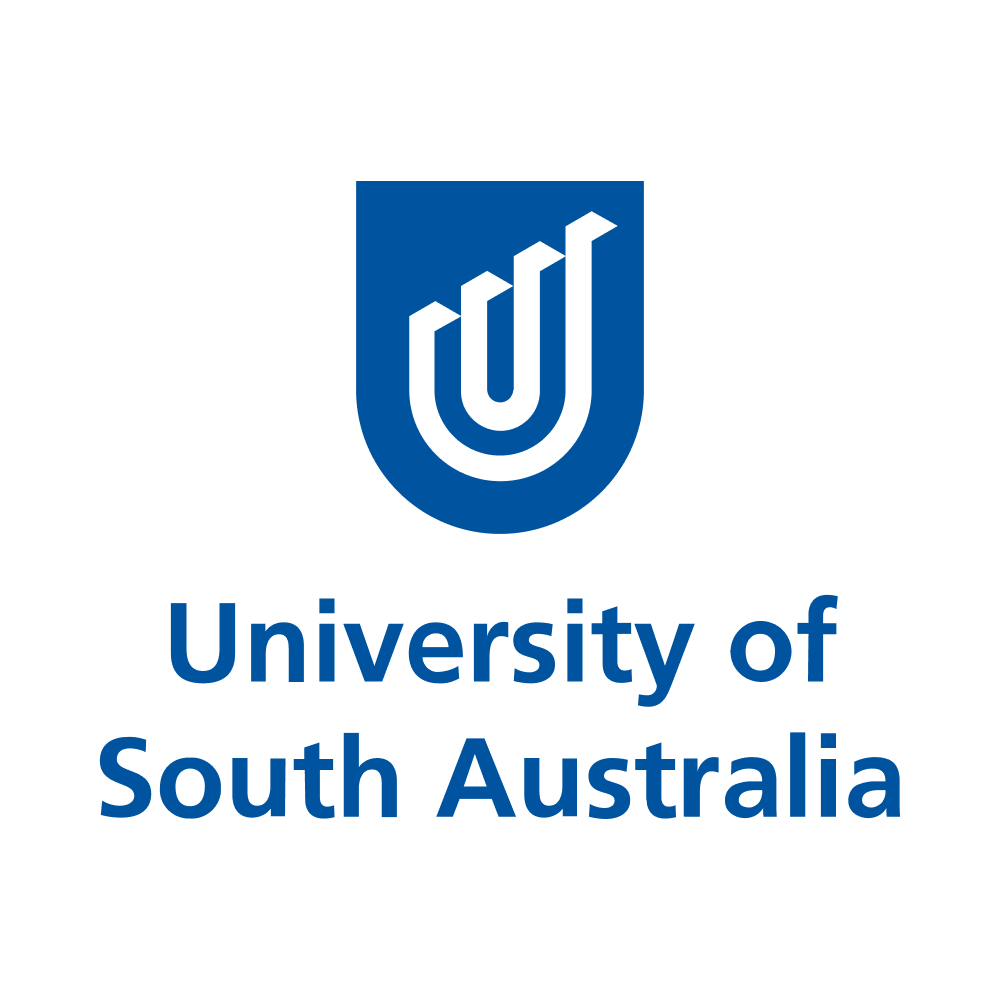University of South Australia
Master of Engineering (Engineering Management)
- Delivery: Face to Face
- Study Level: Postgraduate
- Duration: 24 months
- Course Type: Master's
Develop essential skills for engineering management focusing on operation management, resource planning, quality management, supply chain management, project management and leadership.

Course overview
The Master of Engineering (Engineering Management) program provides engineering management skills for future leaders in the industrial engineering sectors, equipping them with the skills and knowledge they need to strive in the ever-competitive global market. The program teaches essential principles and advanced practical skills in all core areas of engineering management, covering operation management, project management, total quality management, enterprise resource planning, supply chain management, leadership, engineering economic analysis and production management.
In addition, this master's degree closely aligns learning with professional practice. You will apply the theory and skills you develop to a practical industry project in your own area of interest or to a research project related to a UniSA research institution affiliated with engineering.
Incorporating strong theoretical teaching, practice-based learning and contemporary facilities, UniSA offers the ideal academic blend for graduates to meet the challenges of the modern enterprise. Learning is supported by world-class engineering research and practical industry examples to help advance your expertise and career opportunities in engineering management.
CSP Subsidised Fees Available
This program has a limited quota of Commonwealth Supported Places (CSP). The indicative CSP price is calculated based on first year fees for EFT. The actual fee may vary if there are choices in electives or majors.
Key facts
What you will study
To complete the Master of Engineering (Engineering Management), you must take 72 units or 15 courses. Unless otherwise indicated, each course is worth 4.5 units.
- Intelligent Production Systems
- Total Quality Management
- Research Data Analysis
- Principles of Project Management
- Sustainable Development and Design Practice
- Engineering Economic Analysis
- People, Leadership and Performance
- Project Planning and Control
- Supply Chain Management
- Masters Research Theory and Practice
- Operations Management Systems
- Enterprise Resource Management
- Masters Research Project (nine units)
Entry Requirements
Applicants to the Master of Engineering (Engineering Management) program are required to have one of the following:
- A bachelor's degree in engineering, science or technology from a recognised higher education institution.
- A Graduate Certificate or Graduate Diploma in Engineering from a recognised higher education institution.
Recognition of Prior Learning
Credit transfer (study credit) is the formal recognition of your prior learning and previous work/life experience. It can be granted for specific courses (subjects) or for a block of courses where your previous qualification or experience has equivalent learning.
So, what counts as prior learning? It can be from one of the following providers:
- Recognised higher education provider.
- TAFE or other recognised VET provider.
- A professional body, enterprise, private educational institution, or other similar body.
- Work experience.
Contact the university for more information.
Outcomes
Career Outcomes
There are many career options for highly qualified engineers and project managers, with employment opportunities in engineering consulting firms, construction companies and local, state and federal government. You could consider:
- Energy Manager: monitoring and reducing energy usage; understanding where and how energy is used; highlighting energy reduction across businesses, projects and work sites.
- Engineering Operations Manager: supervising and leading teams of engineers, scientists and technicians who work on projects; overseeing production and quality control; directing operations, testing and maintenance; planning and scheduling; client consulting; budgetary responsibilities.
- Quality Assurance Manager: working with management and staff to establish procedures and quality standards and to monitor these against agreed targets; writing management and technical reports; determining training needs; promoting change and improvement in performance and quality.
- Business Development Engineer: developing and maintaining excellent client relationships; working with new and existing clients to create new business and identify new markets; proposing business ventures, providing project details, writing business proposals and meeting business revenue targets.
Fees and CSP
Estimated annual fee in 2025: $9,314 (domestic full-fee paying place)
The estimated fee is based on 1.0 EFTSL (Equivalent Full-Time Study Load).
Student fees may vary in accordance with:
- The number of units studied per term.
- The choice of major or specialisation.
- Choice of units.
- Credit from previous study or work experience.
- Eligibility for government-funded loans.
Student fees shown are subject to change. Contact the university directly to confirm.
Commonwealth Supported Places
The Australian Government allocates a certain number of CSPs to the universities each year, which are then distributed to students based on merit.
If you're a Commonwealth Supported Student (CSS), you'll only need to pay a portion of your tuition fees. This is known as the student contribution amount – the balance once the government subsidy is applied. This means your costs are much lower.
Limited CSP spaces are offered to students enrolled in selected postgraduate courses.
Your student contribution amount is:
- Calculated per unit you're enrolled in.
- Depending on the study areas they relate to.
- Reviewed and adjusted each year.
HECS-HELP loans are available to CSP students to pay the student contribution amount.









